The sudden collapse of France’s government following Prime Minister François Bayrou’s failed confidence vote has sparked an unexpected trend in corporate America, as major companies begin implementing quarterly “Executive Confidence Votes” for their leadership teams.
The movement started at Seattle-based tech firm InnovateCorp, where employees voted 847-23 to retain CEO Michael Stevens after he successfully defended his company’s pivot to AI-enhanced coffee makers. “We figured if it works for French democracy, it might work for corporate accountability,” explained Chief Human Resources Officer Lisa Chen.
Management consulting firm Deloitte has already been contracted by twelve Fortune 500 companies to establish “Parliamentary Corporate Structures” that mirror European governmental systems. Under the new framework, department heads function as “cabinet ministers” subject to regular confidence motions from their staff constituencies.
“It’s democracy in action, but with better coffee,” noted workplace efficiency expert Dr. Amanda Richardson. “French political instability has taught us that rapid leadership changes can actually increase productivity by keeping executives on their toes.”
The trend has produced mixed results across industries. Pharmaceutical giant MediTech saw its entire C-suite replaced within two weeks after failing consecutive confidence votes regarding their breakfast pastry selection in corporate cafeterias. Conversely, manufacturing company SteelCore has maintained the same leadership for six months straight, attributing their stability to “excellent quarterly pizza party execution.”
Some companies have embraced the chaos. Online retailer FlashBuy now holds confidence votes monthly, marketing the practice as “radical transparency.” CEO rotation has become so frequent that the company issued employees laminated name tags for their executives.
“We’ve had four different CEOs since July, and our stock price has never been higher,” said FlashBuy board member Jennifer Walsh. “Turns out investors love the uncertainty. It keeps things exciting.”
International business observers worry the trend could spread globally. German automotive manufacturer Volkswagen announced they are “monitoring the situation closely,” while Japanese electronics firm Sony declared confidence votes “incompatible with traditional corporate honor systems.”
French political analysts have expressed surprise that their governmental instability has become a business model. “We collapse governments as a matter of principle,” explained Sorbonne political scientist Dr. Marie Dubois. “Americans appear to be collapsing management structures for profit. C’est très American.”

